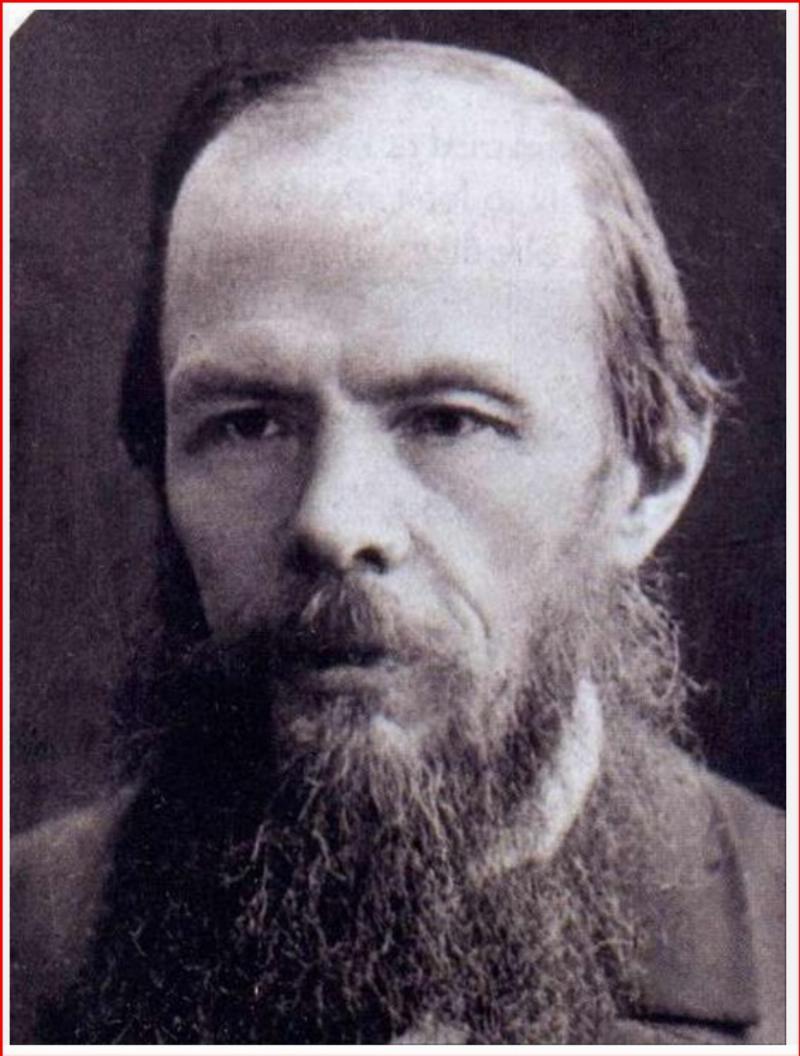


The murder of Charlie Kirk has provided some lamentable insight into our current national politics, particularly on the left.
The left’s response to the murder is remarkable in several respects.
The first is the vitriol, the unhinged glee that some, obviously not all, on the left demonstrated in the response to the tragedy.
At the beginning of The Brothers Karamazov, Dostoevsky makes a helpful observation about human nature. The character Father Zossima, the Orthodox elder, remarks:
Many on the left have been lying to themselves, or willingly indulging in lies that are told to them.
These lies concern the moral superiority of abstract ideologies, the base motives and bad character of those who disagree with them, and the wildly inflated sense of the popularity of their views.
They credulously embraced caricatures of what people like Mr. Kirk actually believed and held them so tightly as to be impervious to contrary evidence. They “reveled in their resentment.”
As a result, many on the left felt not only justified, but reassured, that they were not only morally justified, but were in the overwhelming majority, and that no untoward consequences could possibly result from rejoicing in an atrocity. They expected, at worst, approval of the substance and discomfort at the tone.
The worldwide response has instead left them confused and disoriented. Their callousness was not lauded for its edgy “truth.” Instead, many revelers who could be restrained neither by common decency nor common sense, found themselves fired from their jobs, mocked on social media, and the objects of censure and condemnation.
Lies that people tell themselves are the most difficult to dispel. Doing so not only corrects an inaccurate perception but wounds the pride, and can shatter the structure on which people build their self-esteem and sense of worth. It is difficult to admit that one’s sense of superiority was based on an untruth.
As a result, the secondary response in some precincts of the left has been to cast about for further fabrications from their shaken worldview.
They declaim their fear of an inchoate backlash from hateful hooligans. They charge that they are the victims of unjust cancel culture. The demand preemptive restraint, voluntary and otherwise, against their adversaries. Self-reflection seems not to have occurred to them.
The claim that those on the left who lose their jobs or face any kind of uncomfortable consequences for their behavior in the wake of Mr. Kirk’s death betrays a lack of understanding of a free society.
Lord Moulton, a British Jurist who had been Minister of Armaments during World War I, once gave a speech entitled “Law and Manners.”
Lord Moulton divided human action into three domains: those of Positive Law, Free Choice, and what he called the “Domain of Obedience to the Unenforceable,” or the “Domain of Manners.”
The domain of positive law is that in which the government permits or restrains what the individual may do through statutes and ordinances.
That of free choice is unrestrained by anything, “even criticism.” It is the third domain that is characteristic of free societies.
In the United States, as regards speech, the domain of Positive Law is delimited by the First Amendment. Those who celebrated the murder of Charlie Kirk should not fear official retribution as individual citizens. This does not mean that speech necessarily then resides in the domain of Free Choice, unrestrained by anything whatsoever, and free of consequences.
Lord Moulton claimed that the “… the real greatness of the nation, its true civilization, is measured by the extent of this land of Obedience to the Unenforceable. It measures the extent to which the nation trusts its citizens, and its existence and area testify to the way they behave in response to that trust.”
He was not theorizing in the abstract, but rather speaking common sense when he measured the greatness of a nation on the degree to which its citizens could be trusted to obey self-imposed standards of behavior.
Trust is an essential element of a functioning free society, and it is both the prerequisite for and the product of the Domain of Manners. Lord Moulton explained that “I am not afraid to trust people – my fear is that people will not see that trust is being reposed in them.” When this happens Positive Law inevitably expands to those regions where trust is no longer maintained, and liberty is lost.
That was an impression of Lord Moulton’s view of the Domain of Manners. As a practical matter, people who demonstrate that they will not behave decently cannot be expected to behave honorably, and if they cannot be expected to behave honorably, they cannot be trusted with matters of public importance. The doctors, nurses, lawmakers, teachers, and so on, who abandoned any sense of probity in order to seek affirmation from a largely illusory audience of progressives, have forfeited a measure of trust. They do not get the benefit of the doubt that they will refrain from harming those with whom they disagree. If trust is an element of one’s job, loss of trust is grounds for loss of that job.
No one should go to jail or have to pay a fine for poor taste or disgusting behavior in response to someone’s murder. However, the experience of appropriate consequences imposed by businesses whose success depends on a favorable public image, or organizations whose credibility depends on ideological neutrality, is part of the practice of self-governance. Societies are entitled to discourage the glorification of harmful behaviors, such as cold-blooded murder, by any means that are legally allowed to them.
Manners have purposes in a society, but even more fundamentally, basic standards of decency are a hallmark of a people who are worthy of living in a free society.
Image: Picryl // public domain
